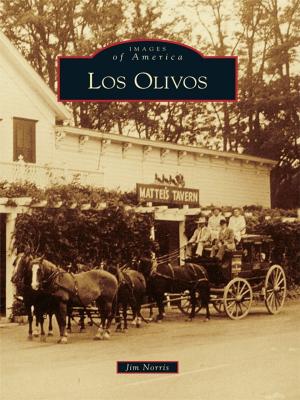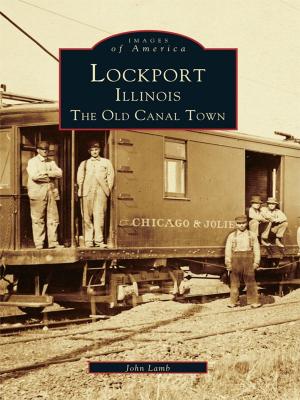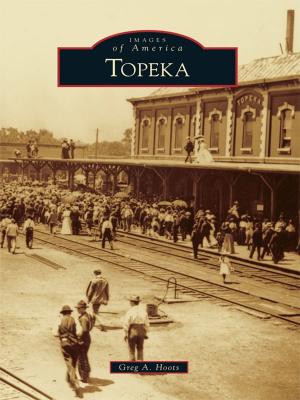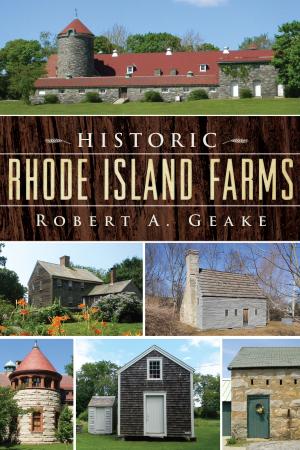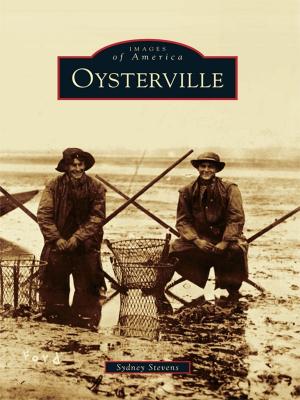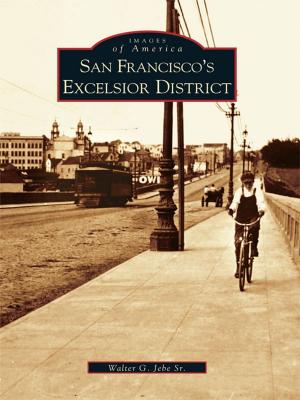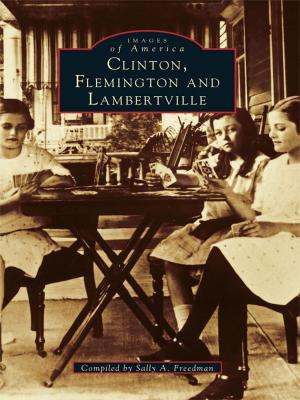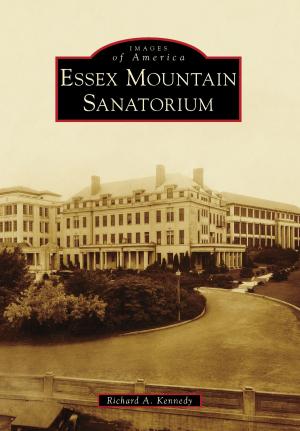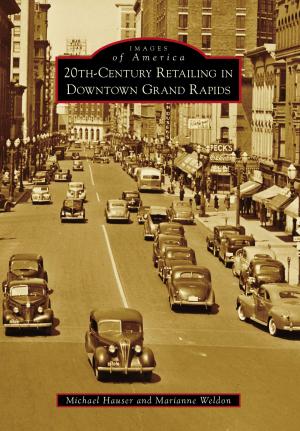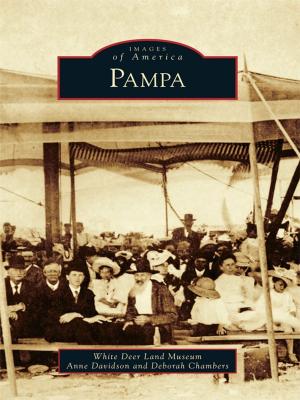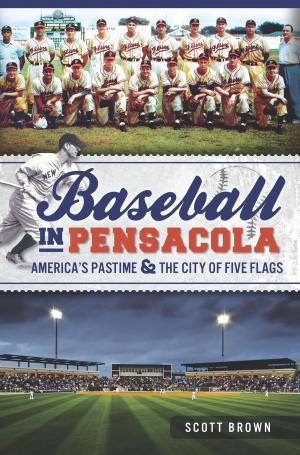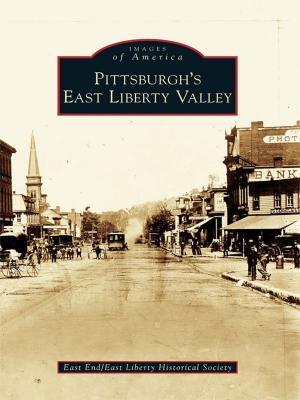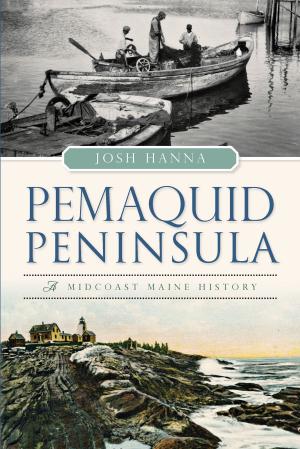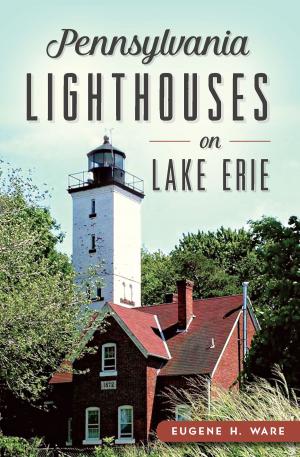| Author: | Alison C. Simcox, Douglas L. Heath | ISBN: | 9781439650387 |
| Publisher: | Arcadia Publishing Inc. | Publication: | March 16, 2015 |
| Imprint: | Arcadia Publishing | Language: | English |
| Author: | Alison C. Simcox, Douglas L. Heath |
| ISBN: | 9781439650387 |
| Publisher: | Arcadia Publishing Inc. |
| Publication: | March 16, 2015 |
| Imprint: | Arcadia Publishing |
| Language: | English |
Comprising over 2,500 acres of forest, wetlands, and rugged hills, Middlesex Fells, just seven miles north of Boston, is one of the nation's first state parks and contains the world's first public land trust, Virginia Wood. For centuries, the Fells provided rich hunting and fishing grounds for Native Americans. In 1632, Gov. John Winthrop and others explored the area and named the largest pond Spot Pond because of the many islands and rocks protruding through the ice. The Fells was used for farming and timber, and Spot Pond Brook became the focus of industrial activity, which culminated in 1858 with the Hayward Rubber Mills. In the 1880s and 1890s, Middlesex Fells was a key property in the Boston metropolitan park movement driven by conservationists Wilson Flagg, Elizur Wright, Frederick Law Olmsted, Charles Eliot, George Davenport, and Sylvester Baxter. In 1894, the Metropolitan Park Commission began acquiring Fells land. Electric trolleys crossed the Fells from 1910 to 1946, and in 1959, with the car culture in control, Interstate 93 was built through the area. Today, the Fells, as envisioned by its founders, is a forested haven for city dwellers.
Comprising over 2,500 acres of forest, wetlands, and rugged hills, Middlesex Fells, just seven miles north of Boston, is one of the nation's first state parks and contains the world's first public land trust, Virginia Wood. For centuries, the Fells provided rich hunting and fishing grounds for Native Americans. In 1632, Gov. John Winthrop and others explored the area and named the largest pond Spot Pond because of the many islands and rocks protruding through the ice. The Fells was used for farming and timber, and Spot Pond Brook became the focus of industrial activity, which culminated in 1858 with the Hayward Rubber Mills. In the 1880s and 1890s, Middlesex Fells was a key property in the Boston metropolitan park movement driven by conservationists Wilson Flagg, Elizur Wright, Frederick Law Olmsted, Charles Eliot, George Davenport, and Sylvester Baxter. In 1894, the Metropolitan Park Commission began acquiring Fells land. Electric trolleys crossed the Fells from 1910 to 1946, and in 1959, with the car culture in control, Interstate 93 was built through the area. Today, the Fells, as envisioned by its founders, is a forested haven for city dwellers.

